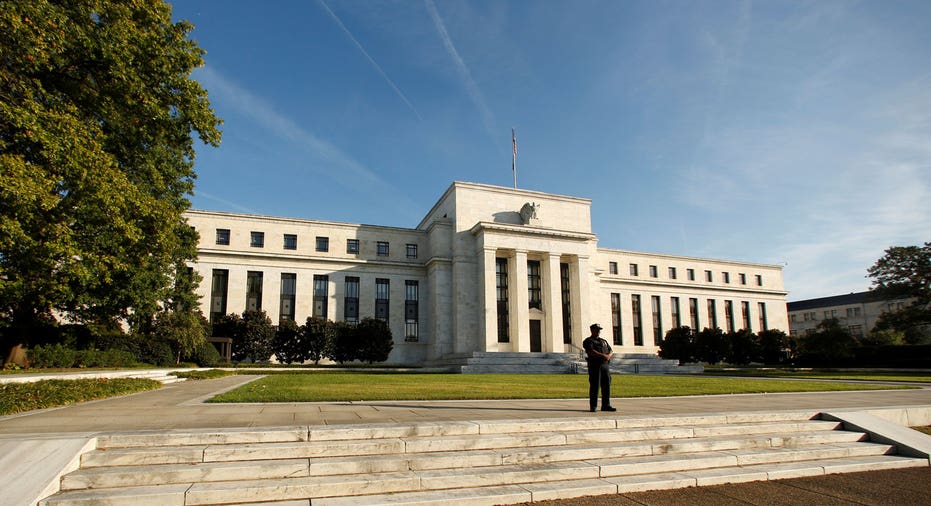Federal Reserve proposes new capital rules for banks

(Reuters)
The Federal Reserve on Tuesday proposed new rules that could allow some large banks to reduce the amount of capital they must hold as a cushion against a future economic shock.
The proposal may clear the way for some large banks to reduce their capital levels in the future but the largest firms on Wall Street are not likely to get such relief, the Fed said.
The proposal is expected to reduce bank paperwork and also make it easier for regulators to monitor the health of banks, said Randal Quarles who is the top Fed official in charge of regulations.
"Our regulatory measures are most effective when they are as simple and transparent as possible," Quarles, the Fed Vice Chairman for Supervision, said in a statement.
The Fed said the proposed changes are likely to somewhat increase the amount of capital required for the 30 largest banks known as GSIBs or global systemically important banks.
The measures should modestly decrease the amount of capital required for banks smaller than the GSIBs, the Fed said.
"No firm is expected to need to raise additional capital as a result of this proposal," the Fed said in a statement.
Banks and other stakeholders will have 60 days to comment on the proposal that is likely to take effect next year, said the Federal Reserve.
The new capital standards would be the first reform of capital standards conceived after the decade-old financial crisis.
The new capital standard would be called the 'stress capital buffer' and work in tandem with the annual Fed checkup on bank health known as the 'stress test'.
(Reporting By Patrick Rucker; Editing by Chizu Nomiyama)



















